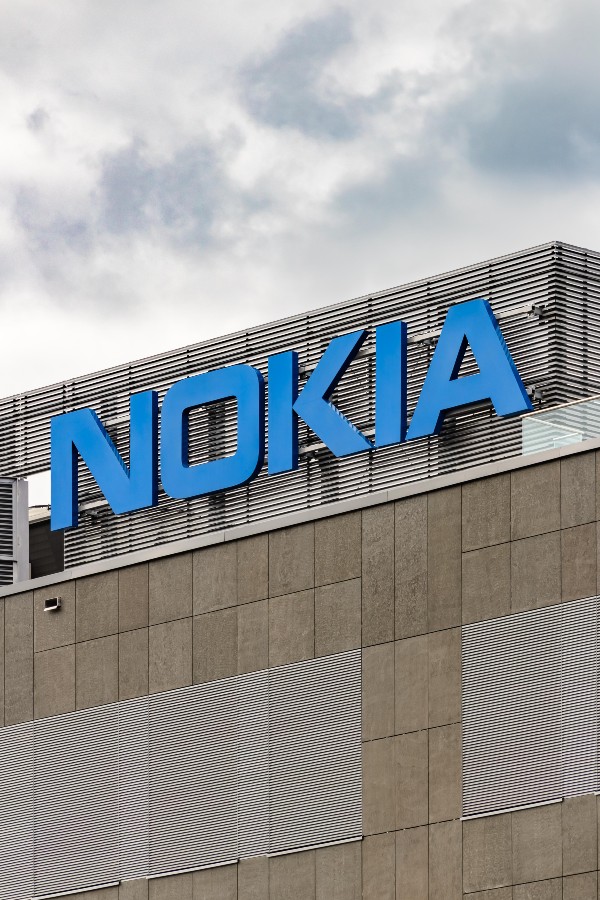Nokia Won On Alcatel-Lucent integration and 5G progress

Nokia overcomes U.S. shareholder proceedings over Alcatel-Lucent integration and introduces 5G. The proceedings began after Nokia said it had warned regulators of a “compliance issue” at Alcatel-Lucent in March 2019.
A U.S. judge dismissed a proceeding in which Finnish telecommunications giants company Nokia allegedly deceived shareholders by concealing the issue of integrating old Alcatel-Lucent with the willingness to become a leader in 5G technology.
In a ruling released Monday night, Judge Andrew Carter of the U.S. District Court in Manhattan said Clyde White, the plaintiff leading the proposed class proceedings, misleads which Nokia statement is wrong. He said he did not specify.
He also said that Nokia’s statement to mislead rational investors, given the company’s numerous ongoing disclosures of Alcatel’s integration and 5G advances, was unreasonable.
Carter dismissed the proceedings with prejudice. In other words, the proceedings cannot be revived.
Waite’s lawyer did not immediately respond to requests for comment outside business hours. Nokia’s lawyer and former CEO Rajeev Suri, who was also charged, did not immediately respond to a similar request.
The proceedings began after Nokia warned regulators of a “compliance issue” at Alcatel-Lucent in March 2019. Alcatel-Lucent purchased in 2016 for a transaction of € 15.6 billion, but no penalties are relevant.
Then, Nokia lowered its earnings forecast and stopped paying dividends in October 2019, saying it needed to spend more money in the “fierce competition” of its 5G market share.
The price of American Depositary Receipts from Nokia fell by about 6% immediately after the disclosure in March and by about 24% after the disclosure in October.
Nokia is targeting 5G in its latest climate change campaign
Nokia is targeting power for next-generation technology by promising half the power consumption of 5G base stations by 2023, following a recent effort to achieve a series of more stringent climate action goals.
Finnish provider said AirScale 5G mMIMO base station achieved an average 50% reduction in energy consumption within two years thanks to “continuous improvement” of software features and new product variations based on the latest SoC I said.
Nokia’s major 5G mMIMO station site consumes less than 2% of its competitors’ energy consumption in a recent customer field test conducted over a live network, continuing to reduce overall electricity consumption.
In addition to improving the SoC, Nokia plans to use the 5G sleep mode feature to further optimize base station power usage.
The announcement will be made after the company has set climate goals for the businesses and products its customers use as part of a science-based goal initiative to drive environmental behavior across the private sector.
Nokia acknowledged that 5G was originally environmentally friendly compared to previous network technologies, but large-scale deployments were implemented to significantly increase traffic. “Therefore, it is very important that the energy consumed does not increase at the same rate.”
Earlier this month, Nokia plans to dismiss about 10,000 jobs from about 90,000 employees within two years as new CEO Pekka Lundmark increases margins and catches up with fifth-generation rivals. Nokia’s competitors include Sweden’s Ericsson and China’s Huawei Technologies.











Leave a Reply